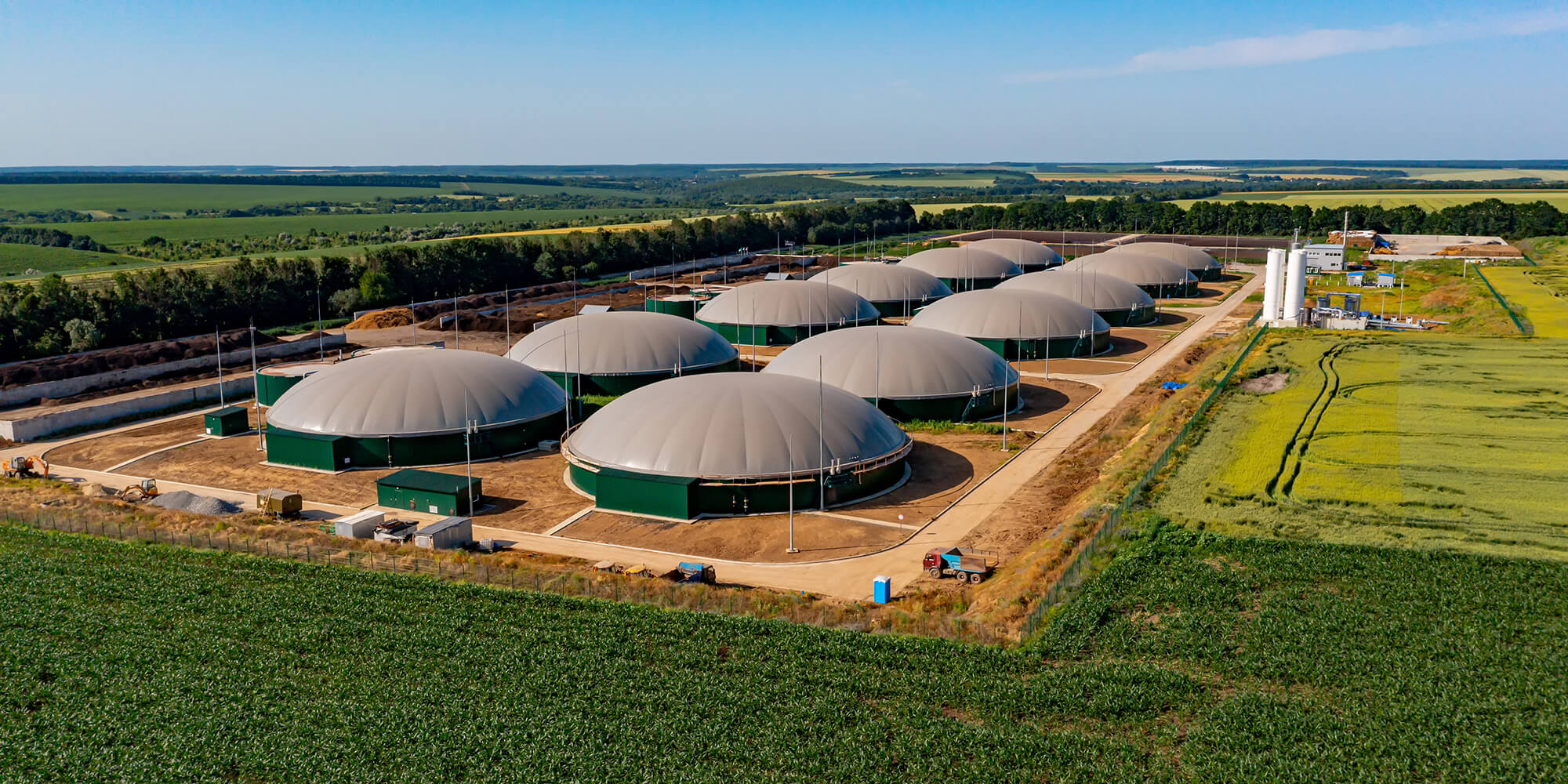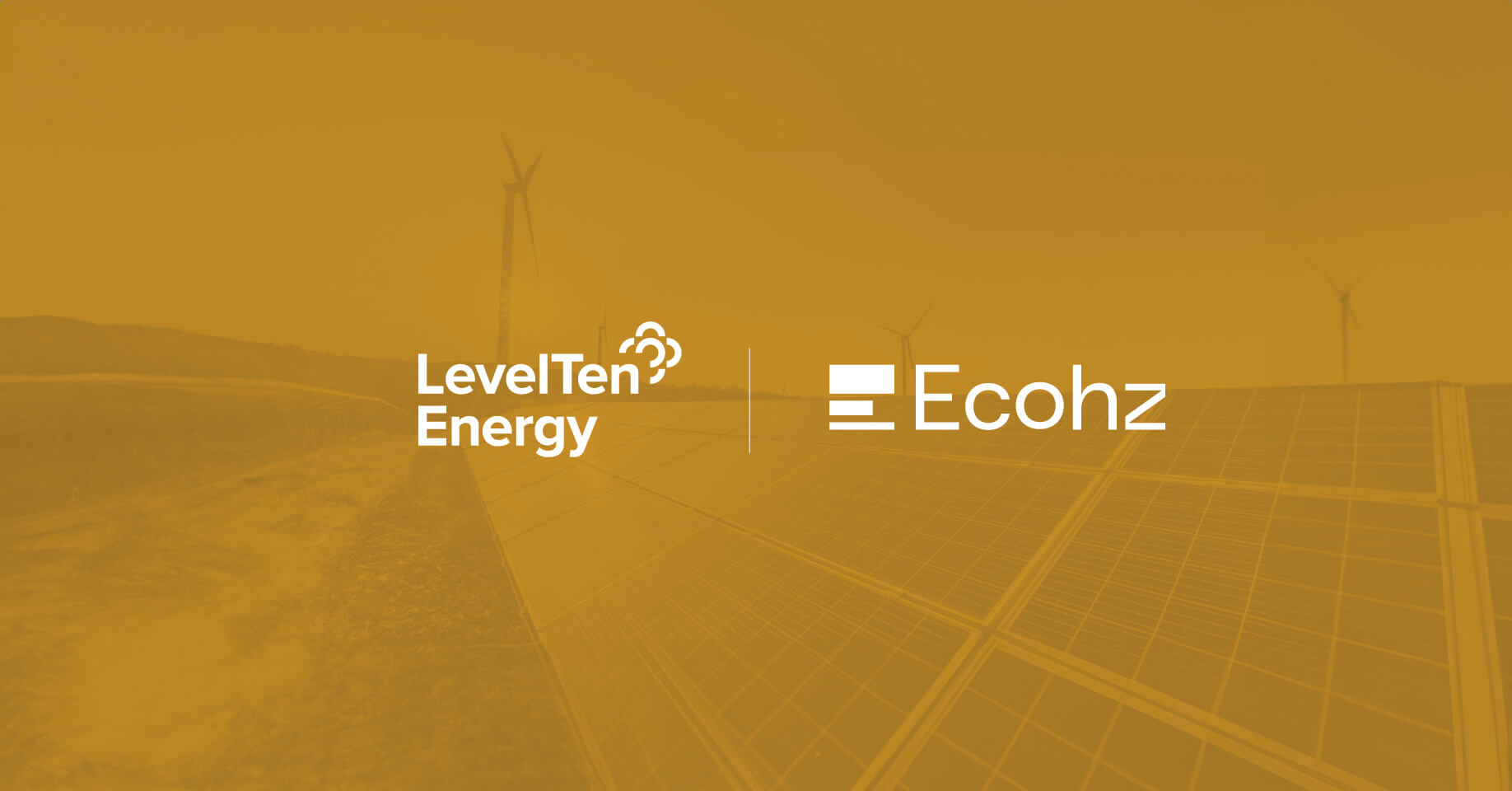A proposed Carbon Removal Certification aims to scale up the sector in Europe
The European Commission is working on a block-wide framework to provide certainty around the integrity of carbon removals generated in the EU. It will establish high-quality criteria for carbon removals and processes to monitor their authenticity and effectiveness.
The framework aims to empower businesses to act in this field. It will include nature-based solutions (e.g., forest restoration), technology-based solutions (e.g., direct air carbon capture), and long-lasting products and materials. The Commission hopes to use this certification to advance the EU’s climate goals towards 2050.
The EU electricity market reform aims to simplify Power Purchase Agreements
Still under discussion, the proposed reform to the electricity market design in Europe aims to boost renewables and adapt the market to the needs of the net zero industry. One of its likely effects is making Power Purchase Agreements (PPAs) more accessible.
If implemented, the directive would move away from pure feed-in tariffs for producers to contracts for different parts of their production, making it easier to sell a fraction of their volume through PPAs. Simultaneously, it would make it mandatory for member states to introduce guarantee schemes at market prices or similar instruments to reduce the risk that off-takers default on their obligations, for example, due to bankruptcy.
By requiring governments to step in in case of non-payment, the reform would dramatically lessen the risk for producers, facilitate obtaining credit for new renewable installations, and allow smaller companies to take advantage of contracts usually reserved for large companies.
The Corporate Sustainability Directive introduces new reporting obligations for EU companies
The EU has adopted a new Corporate Sustainability Reporting Directive (CSRD) that requires companies to disclose more information regarding environmental and social impacts and risks. The directive aims to help investors, consumers, and other stakeholders make environmentally sound choices by expanding the number of companies that must comply and the data they must divulge.
The EU estimates that around 50 000 companies will have to abide by the new rules. Reporting will start with the 2024 financial year. But who exactly will have to comply, and how can you be prepared? Read our full breakdown of the CSRD to get ready.
Delegated acts define the rules for renewable hydrogen in Europe
Earlier this year, the European Commission adopted two delegated acts on renewable hydrogen. The first establishes the criteria hydrogen and other energy carriers should fulfil to qualify as renewable. The second dictates the methodology to determine greenhouse gas emissions savings from hydrogen and other renewable fuels of non-biological origin (RFNBOs).
According to the EU’s legislative timeline, the European Parliament and Council could approve the delegated acts by mid-June 2023. The proposed rules are also linked to the revised Renewable Energy Directive (REDIII), which will soon introduce further regulation for renewables.
Science Based Targets initiative releases its Forest, Land, and Agriculture Guidance
The Science Based Targets initiative (SBTi) published its Forest, Land and Agriculture Guidance (FLAG) to help companies in land-intensive sectors reduce their greenhouse gas contributions. The organisation estimates that FLAG could help abate 22% of global GHG emissions from forestry, agriculture, and other land-use-related activities.
The guidance provides a detailed methodology for emissions accounting and includes land-based emissions reductions and removals. Among the most important goals of the document are halting deforestation, enhancing soil carbon sequestration, and reducing fossil fuel use.
The Greenhouse Gas Protocol is in the process of reviewing its Scope 2 Guidance
The Greenhouse Gas Protocol, the leading standard for accounting and reporting corporate emissions, is amending its Scope 2 Guidance. The process began earlier this year with an open survey and has now moved on to reviewing stakeholder responses and making work plans with governmental bodies.
This phase will run through Q2 and Q3 of 2023 and then progress to a multi-stakeholder revision at the start of 2024. The new guidelines are expected in the next two years.


.png?width=3840&height=2560&name=Sun(1).png)

.png?width=3840&height=2560&name=Landscape_2(1).png)





